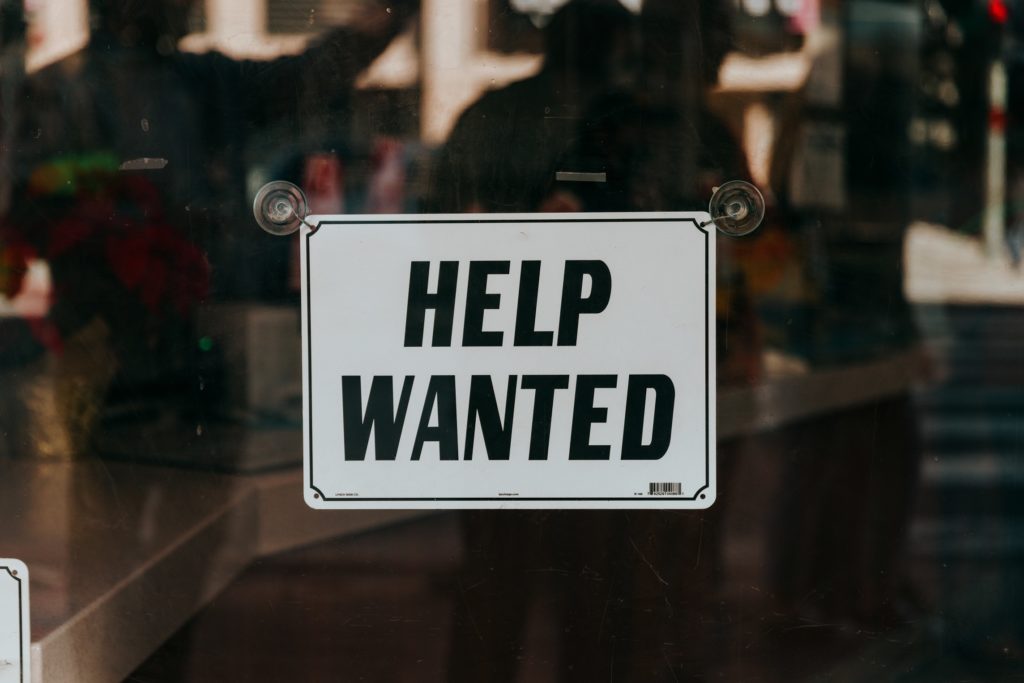The Great Resignation, perhaps you’ve heard of it? It’s a buzz word used by corporate types since mid-last year that refers to the unprecedented rise in the number of workers quitting their jobs after the pandemic. Although it usually refers to white collar workers, it certainly applies to the hospitality industry too and has been a major contributor to the staff shortages many venues are facing in 2022.
2020 and 2021 saw hospitality workers – from baristas and waiters to chefs and caterers become the ‘front line’ of the pandemic, that is, they were often among the most ‘exposed’ workers and most likely to contract the virus. Of course, restrictions and lockdowns had a huge impact on venues, but on top of that many hospo workers decided to put their health and wellbeing first and make a career move. According to the Café Pulse industry report, 80% of hospitality industry staff are employed as casuals, meaning they don’t have sick leave or annual leave to lean on.
It’s pretty obvious to everyone in the industry that a lot of people have left to look for a new profession that the government won’t shut down every few months.
This has led to a huge staff shortage in the hospitality industry and is only made worse by a lack of overseas talent. On top of this, many of those resigning from the industry are the ‘seasoned’ veterans, with five or more years’ experience. They’re usually the most stable and reliable in the industry (not to mention have a wealth of experience).
Venue owners are also facing the challenge that many who resigned, instead of leaving the industry entirely, are actually going into business for themselves. So that means there are more businesses to compete with, and some of them are probably run by some of their best former employees.
The lack of workers means the ‘power’ is in the hand of the employee, who feel they can now ask for more concessions from their bosses. Of course, many are asking for a higher salary, but others are demanding more perks, control and flexibility to balance their work and home lives.
In the short term, this is certainly creating headaches for venue owners and managers. But in the long term, we believe it’s going to lead to a stronger and much healthier hospitality industry, where workers have the respect (and pay) they deserve. The issue of burnout and mental health was already a hot topic before the pandemic, and now with the spotlight well and truly on the industry, there is the opportunity to solve it as a collective.
Businesses are facing a time of evolution where they can solve these problems through worker consultation and perhaps by pooling resources with other businesses.
